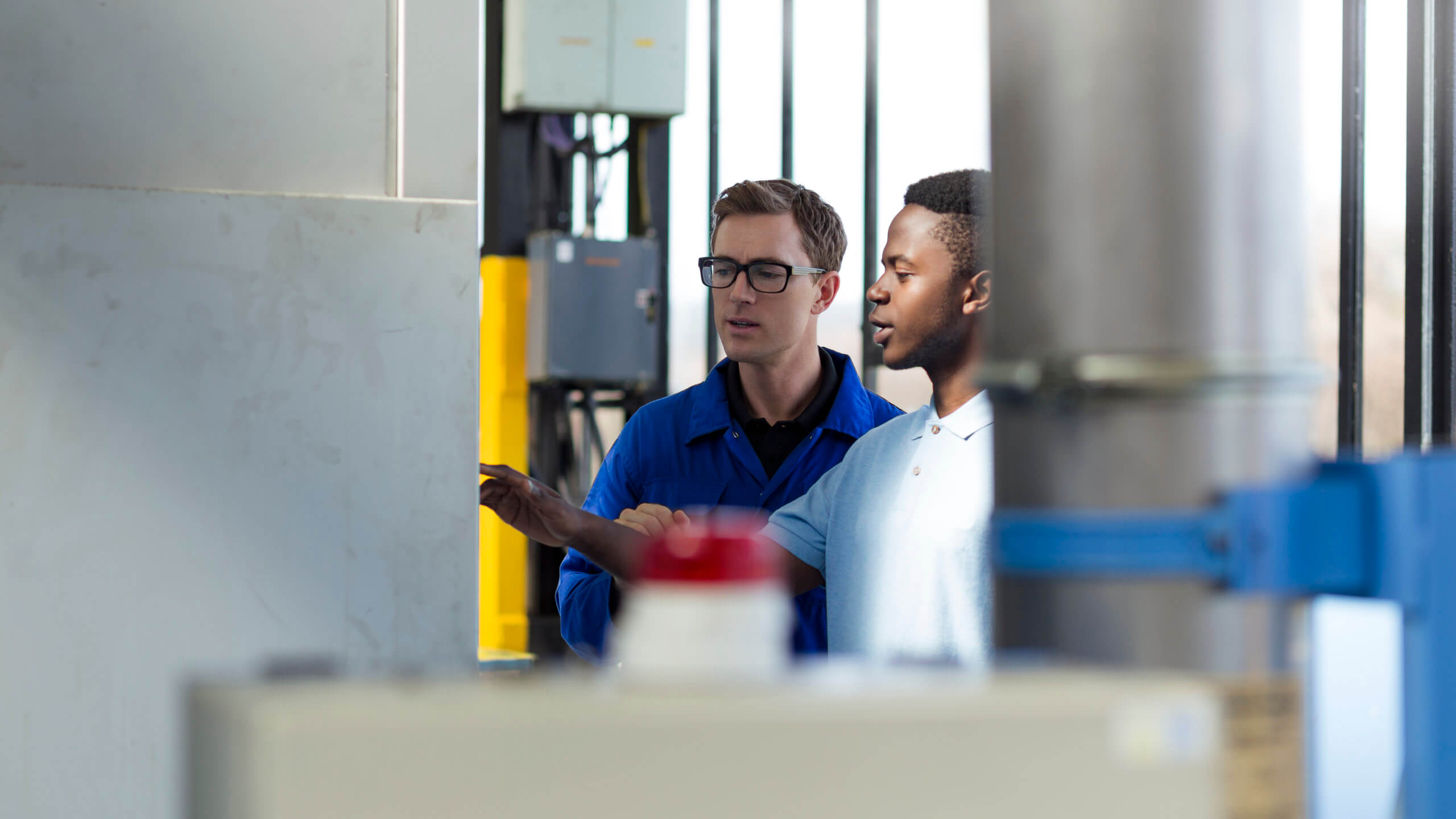For this newsletter, we would like to focus on the role played by the rendering industry regarding both the agri-food sector and the environment.
Not only are our activities part of Quebec’s great agri-food chain, but they also contribute to the recuperation of organic matter, which ultimately reduces the agri-food industry’s environmental footprint.
Reclaiming
Sanimax reclaims almost all of the non-edible organic by-products from Quebec slaughterhouses. These by-products are then transformed into useful ingredients, which in turn contributes to the circular economy and gives new life to millions of tons of organic waste each year.
Each week in Quebec, we receive the non-edible remains of approximately 175,000 pigs and 5 million chickens. In total, more than 3 billion pounds of organic material are reclaimed each year, or about 245,000 truckloads. By collecting this residual material, Sanimax offers an economical and ecological solution for grocery stores and slaughterhouses, which would otherwise have to dispose of it at a high price.
Transforming
Ingredients from reclaiming process have a high added value and are used as components of everyday items. Specifically:
- Protein: protein returned to livestock and incorporated into pet food products, thus constituting an essential component of the food chain.
- Fats: Recovered, renewed and transformed fat is a key component in the manufacture of biodiesel, medicines, lubricants, tires and wax crayons, among others.
Protecting the environment
Sanimax’s activities contribute to reducing the environmental impact of the agri-food chain.
GHG reduction
- At least 90% of potential GHG emissions are avoided compared to industrial composting, with almost all of the carbon remaining in the renewed products.
- In the U.S., for example, the use of renewed fats in biofuels is estimated at 3-8% of annual fat production, which is about 11 billion litres (163-439 million gallons of biodiesel).
Reduced pressure on landfills
- Without rendering, landfills would be overloaded in just a few days.
- Rendering reduces GHG emissions by almost 80% compared to landfilling, the equivalent of 525,000 t CO2e less per year.
Water treatment saturation reduction
- Reclaiming the grease used in the restaurant industry prevents the saturation of municipal water treatment facilities and gives a second life to used oils (biodiesel, animal feed, etc.).
Through our mission, we daily contribute to ensuring the biosecurity of the population by safely transforming non-consumed organic by-products, which considerably reduces animal health problems such as mad cow disease. Rendering is one of the most regulated industries, with stakeholders at the municipal, provincial and federal levels, and must comply with high standards of food safety, such as HACCP (Hazard Analysis Critical Control Point) and FSMA (Food Safety Modernization Act).
This commitment is even more important in times of crisis, as our activities act as the last essential link in the bio-food chain and ensure the continuity, stability and security of the agri-food supply, from the land to your table.
